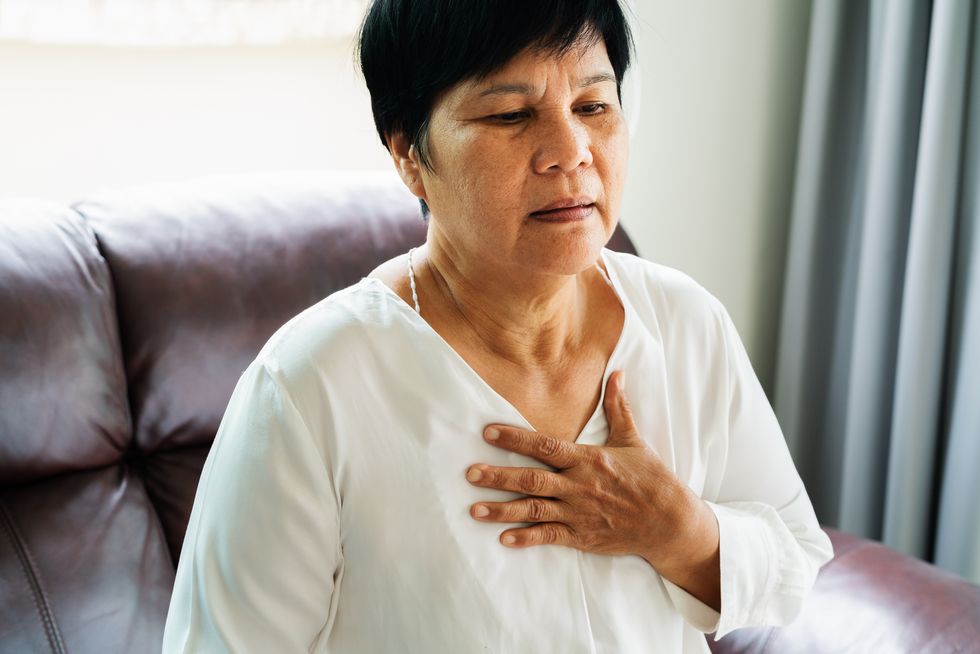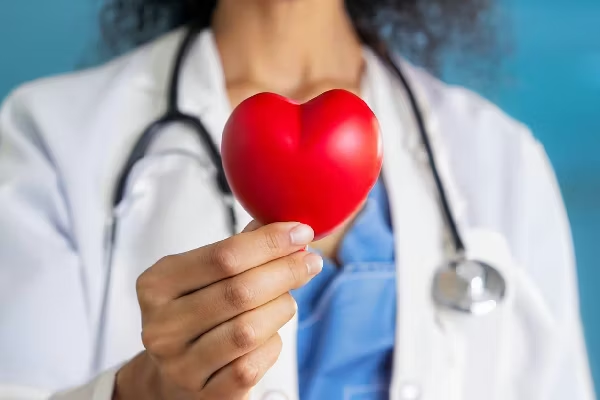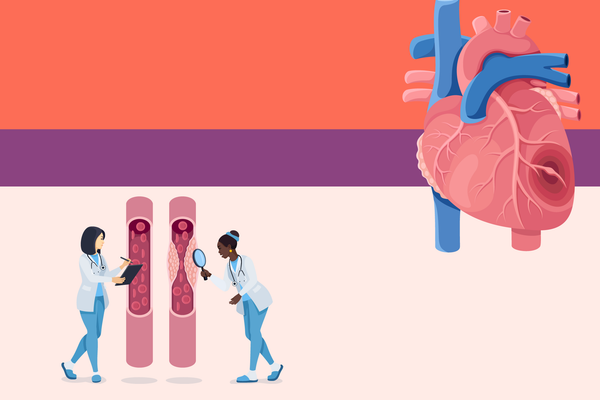Any kind of chest pain is scary. You, like many others, worry if it's a heart attack. But it may be something else. That's because some chest pains can be caused by conditions completely unrelated to your heart.
Regardless, chest pain should always been taken seriously, whether it's mild or severe. Always call 911 if you think you may be in cardiac arrest.
Here are some reasons, other than a heart attack, that you may be experiencing chest pain.
Gallstones
Gallstones are hardened, small clusters of cholesterol or bilirubin (which is created when red blood cells break down). Symptoms usually develop after a large meal. You'll have intense pain that radiates from the upper abdomen to the chest area.
Collapsed lung
You can get a collapsed lung when air gets in between the lungs and chest well. The air buildup can put pressure on a lung, preventing it from expanding when you inhale. Breathing in will hurt and become difficult.
Heartburn
Here, your stomach's contents back up into the esophagus. Stomach acid is acidic, causing a burning sensation behind your breastbone.
Pneumonia
Pneumonia is an infection that inflames the air sacs in one or both lungs. You'll have stabbing or sharp pain that increases when you inhale. Other symptoms include fever, chills and severe cough (usually with yellow or green phlegm).
Cardiomyopathy
Cardiomyopathy refers to several heart muscle diseases. The condition can cause the heart muscle to thin, thicken or have other complications that impact its pumping ability. You may have moderate pain after eating or exercise.
Valve disease
Your heart has four valves. The valves control the flow of blood in and out of the heart. Symptoms depend on the type of valve disorder you have. But you may have pain, pressure or tightness, usually with exertion.
Angina
Angina is a chest pain that happens when blood is still flowing to the heart muscle. But the supply is reduced. It's described as pressure or feeling like your heart is being squeezed. Angina doesn't cause permanent damage to heart tissues.
Aortic dissection or rupture
You'll have sudden sharp pain in your chest and upper back. An aortic aneurysm (an abnormal bulge in the wall of the aorta, a major blood vessel) can lead to an aortic dissection, a tear in the aortic wall layers that lets blood leak out. An aortic aneurysm can also rupture, causing blood to gush from the aorta.
Pulmonary embolism
A PE is a blood clot that gets lodged in an artery in one of your lungs. You'll have gradual or sudden, sharp pain that gets more severe with physical activity. It will be difficult to breathe. You also may have swelling in the lower leg and a cough that may have blood mixed with mucus.
Panic attack
A panic attack can happen without an obvious trigger. It's usually short-lived and comes on quickly depending on what's happening to you in the moment. You'll have stabbing pain and likely shortness of breath and a racing heart.





